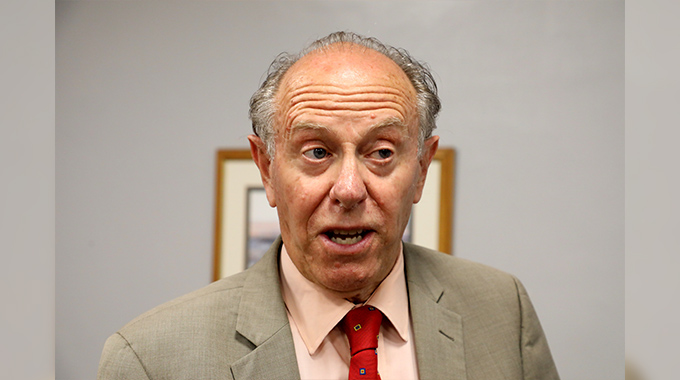Role of social worker in court
system has on many occasions bemoaned the shortage of social workers and it seems there is no end in sight. Many people requiring social work services have suffered in the process.
But, there are many ways of going about the problem rather than mourning about it endlessly. In an ever-changing socio-economic environment, independent social workers are an alternative solution not only in Zimbabwe but the world.
Independent social workers are usually very experienced and expert social workers who have built up some pretty impressive Curriculum Vitae’s over years of employment for instance in the children and families statutory sector.
The focused and dedicated nature of the independent social workers is often seen in international best practice to be vital in the procedure of complex court proceedings and tricky welfare cases.
To avoid extra pressure on already struggling social workers in the Department of Social Services, the Social Workers Act Chapter 27:21 allows the minister to assign parties in court proceedings involving to outsource the most difficult and time-consuming cases to manage.
At the just ended Social Workers Annual Conference at Mandel Training Centre, the Acting Chief Magistrate Mr Mishrod Guvamombe lamented the quality of probation officer’s reports courts and the difficulties in obtaining probation officers’ reports on time.
The Deputy Attorney General Mr Prince Machaya said that there was no prohibition for parties in court proceedings to enlist the services of independent social workers to provide a second opinion and this can be an added benefit in cases where the probation officer’s report is either not existing or it has not been analytical enough.
The diversity of opinion is often seen as invaluable to many courts and reflects well upon the independent social workers, whose view is valued as an autonomous and reliable perspective built on a foundation of years of frontline experience.
The natural skills inherent in a long career in social work create an independent professional who is capable, understanding, insightful and knowledgeable and children and families work.
Judges and lawyers as well as other stakeholders are likely to welcome the assistance of expert social workers in trying to resolve some of the most complex cases involving children.
Contrary to a common view that only social workers in the Department of Social Welfare can write court reports in respect of children the Children’s Act does allow for independent social work reports.
The Minister of Labour and Social Services may, where a public officer is not available, engage social workers who are registered in terms of the Social Workers Act (Chapter 27:21), and are not public officers, to perform the functions of a probation officer in terms of this Act on such terms and conditions as the case may be agreed.
Mrs Nellie Dhlembeu explained to the just ended Social Workers Annual Conference that the role of independent social workers is not limited to probation work, there are also cases involving child custody disputes,
Guardianship of Minors applications and Adoption that require the services of experienced social workers.
The Children’s Act Chapter 5:06 section 5 (2), “The officer presiding over a children’s court may in his discretion permit evidence to be given to the court by way of affidavit or report and may permit the child or young person to express his views or opinion on the matter before the children’s court: Provided that the officer presiding over the children’s court shall, upon the request by or on behalf of any person who in his opinion is a properly interested person, require the appearance before the court of the maker of any such affidavit or report and shall afford that person an opportunity to cross-examine the maker of the affidavit or report upon oath”.
The Social Workers Act (Chapter 27:21) enacted in 2001 established a Council of Social Workers whose functions are to “provide for the registration of social workers and the regulation of the practice of social work . . .”
Therefore, in order to practice as a social worker in Zimbabwe one should be registered with the Council of Social workers is mandated in terms of section 4 (1) (c) “to define and enforce ethical practice and discipline among registered persons”.
A practicing certificate issued by the Council after payment of the required fees enables people to provide social work services in Zimbabwe if anyone requires them.
The annual practice certificate is meant to ensure members of the public that a social worker is fit to practice and the have recourse if independent social workers engage in unethical practice.
l Musekiwa Makwanya is the founder of Makaita Social Care, an Independent social work consultancy.











Comments